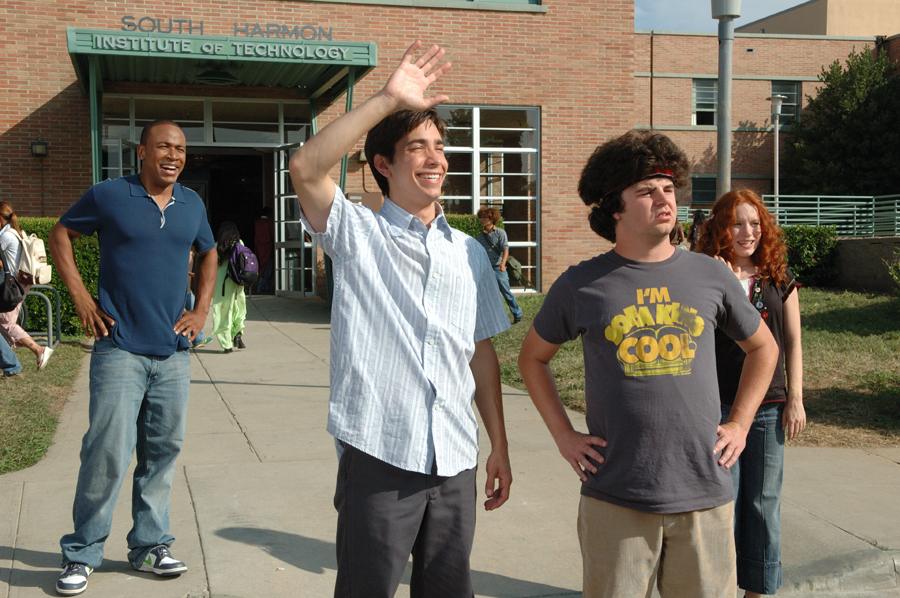Know Where the Electoral College Is Located?

In the near future, East Enders will be headed to the polls to cast their votes for President of the United States. In order to appreciate how we actually elect a president, it is imperative that we examine some of the facts related to the process. For instance, did you know that there is no such thing as the Electoral College?
In 2006, Justin Long starred in a movie that portrayed high school senior Bartleby “B” Gaines, who is on his way to scoring eight out of eight rejection letters from colleges. So he creates the fake South Harmon Institute of Technology. The movie Accepted grossed more than $36 million at the box office.
Sound far-fetched?
Article 1. Section 2 of the Constitution speaks of “Electors” but nowhere does it reference “The Electoral College.” Somewhere along the line someone just decided to start calling it a college. Is that legal?
If it really is a college, where are the professors, students and the accreditations? Ever heard anyone say they graduated from the Electoral College? I don’t think so.
The Electoral College was created so the people could not elect the president directly. The framers thought the people were too stupid to elect a president without assistance. Maybe they thought the people might vote for the most handsome or whoever was the most popular? Does that sound right to you?
What we do know is that it takes 270 college “frat house” votes to win the election. That represents half the number of members in the House of Representatives (435) and Senate (100) and District of Columbia (3), plus one. The total number of Electors a state receives is determined by the state’s population, which is determined by the census. But no matter how small a state’s population, they get at least three votes. That is because each state has at least two senators and one representative in the House. New York gets to cast 29 Electoral Votes, the same as Florida. That is a significant number. It is only exceeded by California with 55 and Texas with 38. With that kind of influence, a library or some other important Electoral Building should be named after New York. Of course that is impossible because the Electoral College has no campus.
The college is also an imperfect institution. Andrew Jackson won both the popular vote and the electoral vote but lost the election. That is because there were four candidates and no one got a majority, so the House ended up voting for John Quincy Adams. Jackson ended up winning four years later.
Can Electors be trusted? Electors are not required by federal law to honor a pledge. In 1820, John Quincy Adams got one electoral vote. The reason is that an Elector wanted to preserve the legacy of George Washington’s having been the only president who was elected unanimously, so he voted for Adams instead of James Monroe. That’s right, he just decided to vote for a candidate he didn’t even support.
The College is also fickle. For instance, before the election of 1800, the candidate that came in second was declared the vice president. Each Elector cast one vote for president and one vote for vice president. In 1800, Thomas Jefferson and Aaron Burr, his proposed running mate, each received the same number of votes. Burr then decided he wanted to be president and would not step aside. The decision went to the House, and after numerous deadlocked votes, Jefferson finally won.
Were you aware that the Electoral College actually cast their ballots more than a month after the general population votes? It happens on the first Monday following the second Wednesday in December. Huh?
Forget trying to change the system. To replace the College with another system would require a constitutional amendment. That requires two-thirds of the House approving it, followed by two-thirds of the Senate, followed by three-quarters of the states. There have been more than 700 proposed amendments to modify or change the way the College operates but all have died in the process. Since three-quarters of the states would have to ratify an amendment, only 13 would have to vote against it to kill it. And there is no way the smaller states, of which there are more than 13, want to give up any of their votes. So the Electoral College is here to stay.
I think I am going to start my own fake college. I am going to call it the Hamptons Institute for Celebrity Studies and Affluent Lifestyles.



